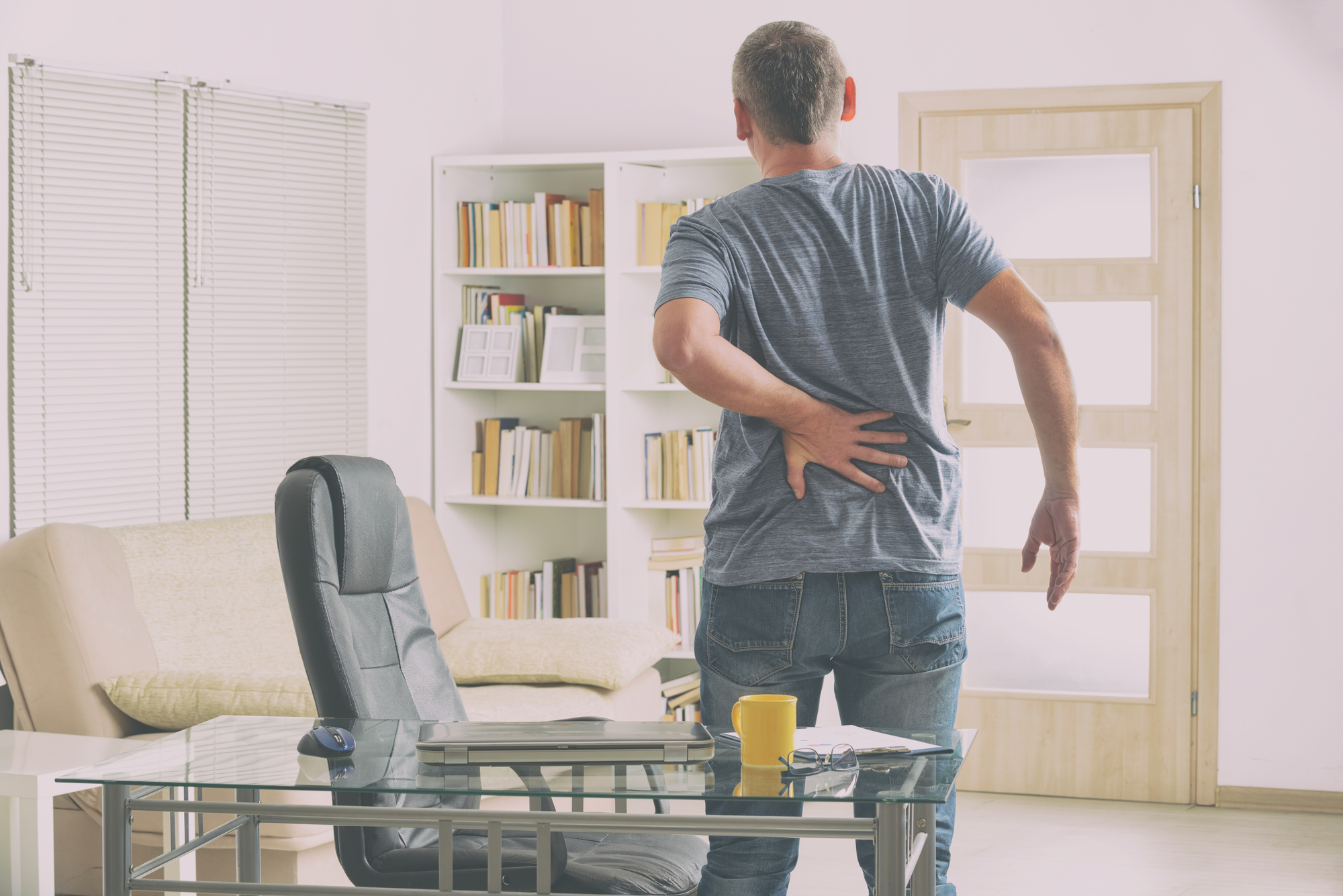Is Sleep the Key to Unlock Your Low Back Pain?
Tried everything to treat your low back pain?
Your lack of sleep might be the reason your low back pain is not getting better. 58.9% of people with chronic low back pain also suffer with sleep disorders. [1] Sleeping can be difficult for chronic pain sufferers. But not getting adequate sleep can interfere with the natural healing process inhibiting your recovery or even leading to exacerbations of your chronic pain condition. Many people view sleep as unimportant, a luxury or a waste of time. Many people do not understand the importance of proper sleep. Without adequate sleep our body can not properly restore injured tissue and function properly.
Lack of sleep leads to:
-
Increased inflammation. Inflammation is a key component of pain and the cause of chronic inflammatory diseases such as ulcerative colitis [2]
-
Decreases release of growth hormone. Release of growth hormone at night helps heal and decrease pain. [2]
-
Decreases the body’s pain tolerance, making it more sensitive to pain. Leading to higher perceived pain levels. [2] In some cases, patients want higher dosages of pain killers because they are more sensitive to pain levels. Increased dosages can lead to opioid addiction.
-
Psychological disorders. Lack of sleep is associated with depression. [2]
-
Weight gain. Lack of sleep leads to low energy causing individuals to crave more food to increase energy levels. [3] Also sleep deprivation changes appetite hormones leptin and ghrelin. [2]
-
Decreases in Cognitive skills, concentration, reaction times, memory, energy, immune system function and mood changes. [2]
-
Increased risk of heart attack. Sleeping less than 5 hours a night increased risk of heart attach by 2 to 3 times [2]
-
Driving fatalities/car accidents. [2]
Average amount of sleep needed is 8 hours 10 minutes. [2] However, some people need more or can do with less, due to genetics. And as we age our sleeping needs change. It’s important to try and get the daily average amount of sleep.
Sleeping consultant Nancy Rothstein recommends the following sleeping tips.
-
Create an uncluttered, dark, cool sleeping space
-
Create a sleep routine. Go to sleep at the same time every night.
-
No technology 1 hour before bed, that includes cell phones and TV.
-
No clocks in sight. Avoid having illuminated clocks close to the bed. Clocks become a fixation making it harder for us to fall asleep.
-
Read before bed to help transition to sleep.
If you have chronic pain you should be assessed for sleep disorders.
There are many new treatments that help with sleep apnea and other sleep disorders. Sleep is essential for normal function, and it might be the key to unlock your pain. Sleep better – feel better
For more information about sleep disorders and click on the link below
https://www.sleepfoundation.org/
Reference
-
https://www.webmd.com/sleep-disorders/features/lack-of-sleep-weight-gain#1
-
https://www.huffingtonpost.com/nancy-h-rothstein-/simply-surrendering-to-slumber_b_9257726.html

